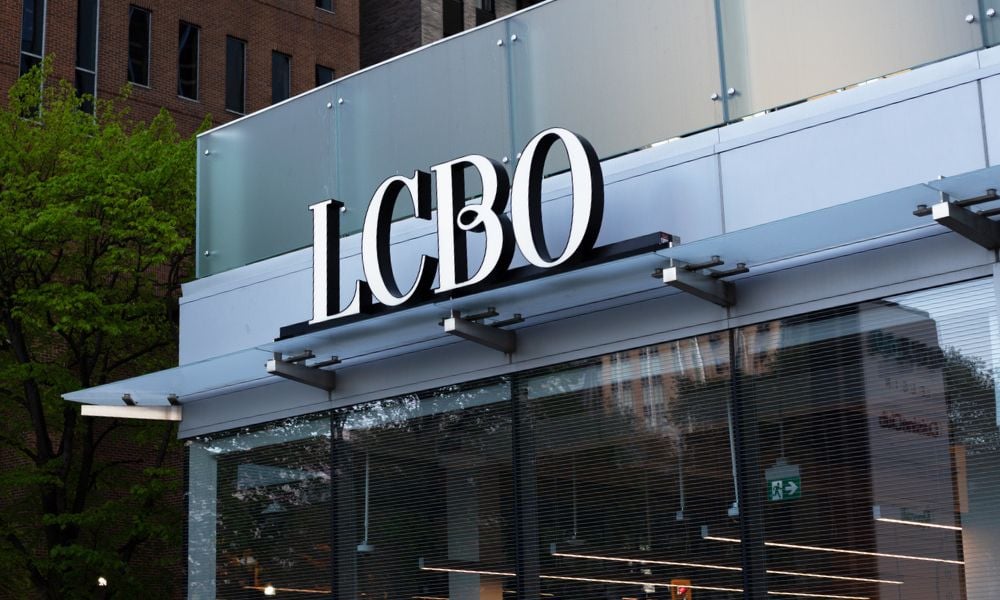
Map supports Ontario businesses, workers who make products, serve customers, Ford says

Amid the workers’ strike at the Liquor Control Board of Ontario (LCBO), the Ontario government is helping locals find locations to buy their alcoholic beverage needs.
The provincial government has launched a new searchable and interactive map of retailers that remain open amid the strike.
“This new map is a great way to connect people across the province to local Ontario-made products and support the hundreds of Ontario businesses and thousands of Ontario workers who make these products and serve customers each and every day,” said Premier Doug Ford.
“It also supports our plan to offer consumers the kind of choice and convenience available to other Canadians when purchasing alcoholic beverages, starting later this summer. I hope people across the province will take this chance to shop local and responsibly enjoy some great Ontario-made products!”
Make this summer an Ontario-made summer!
— Doug Ford (@fordnation) July 8, 2024
Our new interactive map shows thousands of convenient options where you can still buy beer, wine, spirits and other drinks across the province. Check out a local brewery or winery for some fantastic Ontario-made products near you and… pic.twitter.com/baAutZWYst
More than 9,000 LCBO workers started their strike action as of 12:01 am on Friday.
Ontario’s interactive map shows consumers more than 1,000 local Ontario breweries, wineries, wine shops and distilleries. That is on top of other retailers such as LCBO Convenience Outlets, The Beer Store and licenced grocery stores that sell a range of Ontario-made and imported products.
Currently, there are 628 wineries and winery retail stores, 82 distillery retail stores, 373 breweries, 448 grocery stores, 389 LCBO Convenience Outlets and 437 The Beer Store locations displayed on the map.
But there were critics of the move, including Councillor Josh Matlow who wrote on X: “While the Ford government wastes billions of tax dollars, schools need fixing, hospital wait times need attention, cities need support for transit, services & infrastructure, the science centre needs saving and people struggle to make ends meet. Yet, this guy’s priority is beer,”
In May, Ontario announced it is expanding the province’s alcohol beverage marketplace in phases to allow convenience, grocery and big-box grocery stores to sell beer, cider, wine and ready-to-drink alcoholic beverages, such as coolers, hard seltzers or other premixed cocktails.
Starting in August, existing grocery retailers that currently sell wine or beer will be able to sell new products like coolers and other ready-to-drink beverages alongside more pack sizes of beer.
By the end of October this year, every eligible convenience, grocery and big-box store in Ontario will be able to sell beer, cider, wine and ready-to-drink alcoholic beverages if they choose to do so.
Through the expansion, there will be about 8,500 new stores where consumers can purchase alcohol.
“The government will conduct a targeted review of taxes and fees on beer, wine and alcoholic beverages with the aim of promoting a fairer and more competitive marketplace for Ontario-based products and consumers,” said the provincial government. “The government expects this review to be completed by the end of the year.”
The map will be updated regularly as alcohol sales are expanded to more licensed grocery and convenience stores. As LCBO retail stores reopen, these will also be added to the map, according to the provincial government.
However, the Ontario Public Service Employees Union (OPSEU/SEFPO) fears the expansion could lead to reduced revenues for LCBO and potential job cuts and store closures.
The union earlier got a 97% in favour of strike action during the strike vote.
Meanwhile, the LCBO will remain a public asset, according to the government, according to the Ontario government. Also, aside from distillery retail stores and LCBO Convenience Outlets, LCBO is the only retailer where spirits such as vodka, gin and whiskey will be sold in addition to other alcoholic beverages such as wine, beer and coolers.